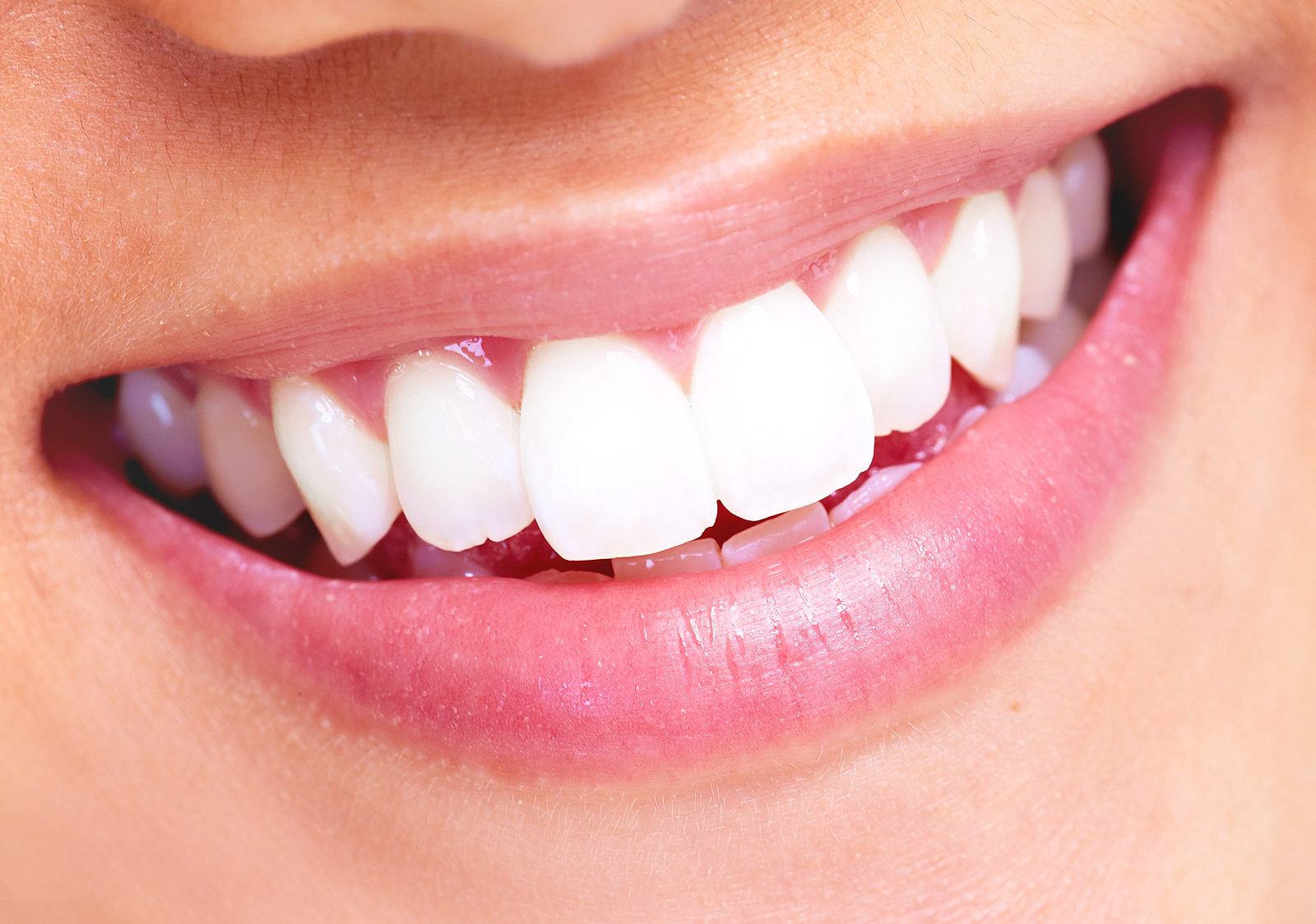TMJ and TMD Treatment in Phoenix, AZ
Temporomandibular joint disorder, also known as TMJ, is a chronic disorder of the jaw joints. The TMJ is the joint that connects the mandible (lower jaw) to the temporal bone of the skull. This hinge allows the jaw to move up and down and side to side. You may have TMJ pain if you have frequent headaches, ear pain, or pain around your jaw. TMJ pain can affect your jaw, neck, head, face, and ears.
What are the symptoms of TMD?
Some common symptoms of TMD include:
- Pain in the face, jaw, or ear
- Difficulty chewing or biting
- A grating or popping sound when opening or closing the mouth
- Chronic headaches
- Difficulty opening and closing the mouth
- Locking of the jaw
How is the condition diagnosed?
Diagnosing TMD requires a comprehensive examination, including X-rays, to determine the extent of the problem.
What treatments are available for TMJ?
The discomfort and pain associated with TMJ can make it difficult to eat, speak, and sleep. Fortunately, there are a variety of treatments available to relieve the discomfort caused by TMJ. Treatment may include:
Bite guards: A TMJ splint, or night guard, is a removable oral appliance that you wear at night. It helps prevent the jaw from clenching and grinding.
Medication: Patients diagnosed with TMD may benefit from prescription-strength medications, such as muscle relaxants, antidepressants, and anti-anxiety medications. These medications help to reduce pain and inflammation and work to improve the patient's quality of life.
Orthodontics: In some cases, this involves wearing braces can realign the biting surfaces of your teeth. This can reduce pain caused by bruxism or teeth grinding and may alleviate some of the symptoms of TMD. In addition, they can improve the appearance of your smile by straightening crooked or misaligned teeth.
TMJ Surgery: TMJ surgery is the last resort. Before recommending surgery, your dentist will discuss the risks and benefits with you and document your medical history.
How can I prevent TMJ?
The best way that you can prevent TMD is to practice good oral hygiene habits, such as brushing and flossing your teeth each day. It's also wise to avoid habits that can put unnecessary pressure on your jaw, such as grinding your teeth, biting your nails, and opening packages with your teeth.
At Biltmore Commons Dental Care, we strive to provide each of our patients with a positive and relaxing experience. If you're ready to experience the best dental care, please contact dentist Phoenix, AZ at (602) 249-2227 or visit us at 1277 E Missouri Ave Ste 217 Phoenix, AZ 85014.

Same-Day Emergency Dentistry

New Patient

Previously Recommended Treatment
TMD TMJTIME_STAMP2024-03-19T12:34:15.155690+00:00
Cosmetic Bonding
Dental Crowns
Dental Services

Dentures and Partials

Root Canal Therapy

Cleanings and Exams

Cosmetic Dentistry

General Dentistry

Dental Implants

Teeth Whitening

Porcelain Veneers
















